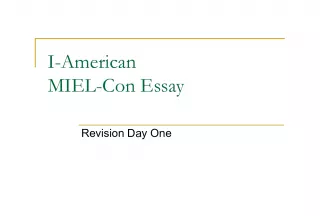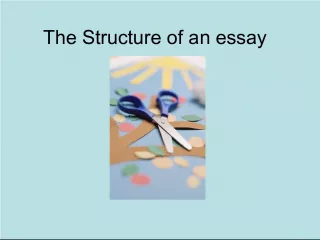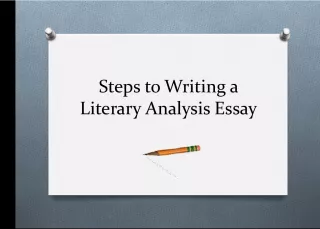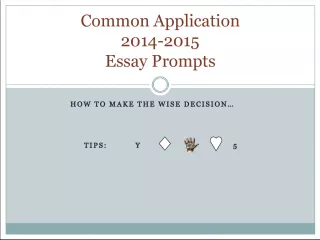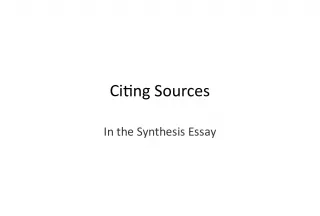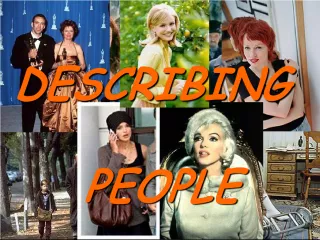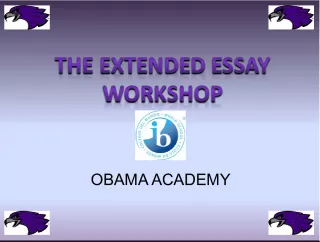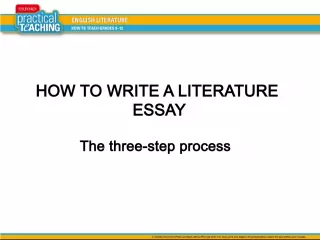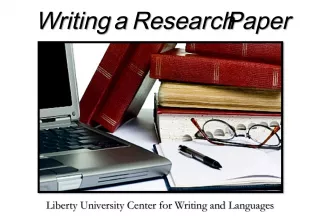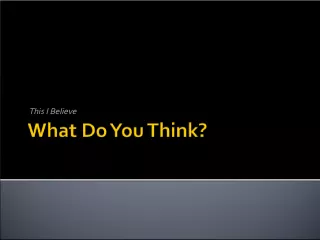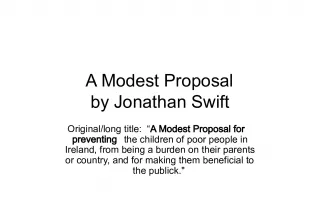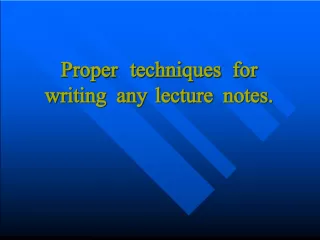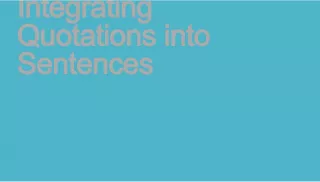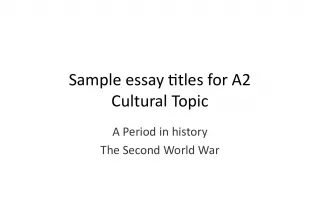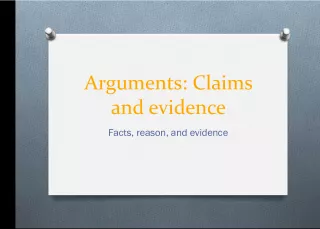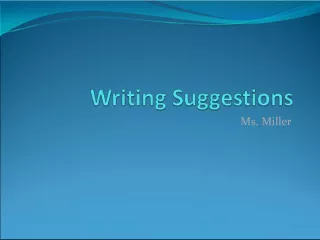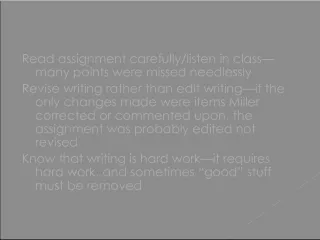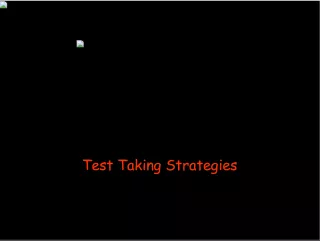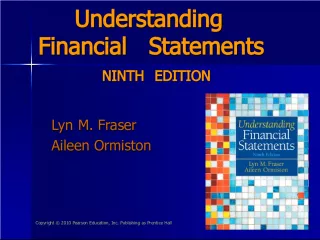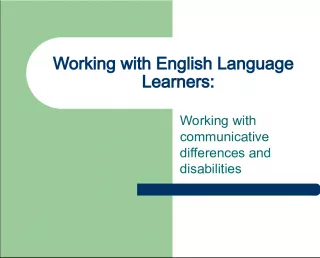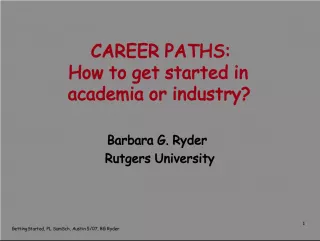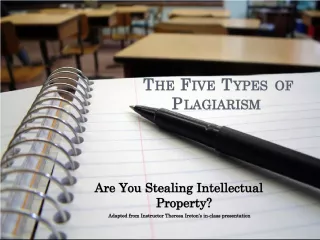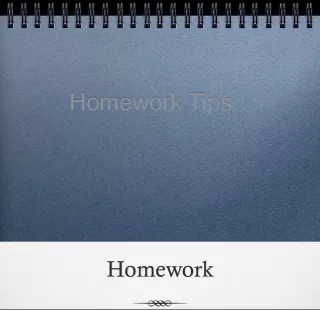Tips for Effective Essay Writing: Beginning and Ending with Strong Thesis Statements and Support, Revising and Editing for Success, and Strategies for Starting an Essay
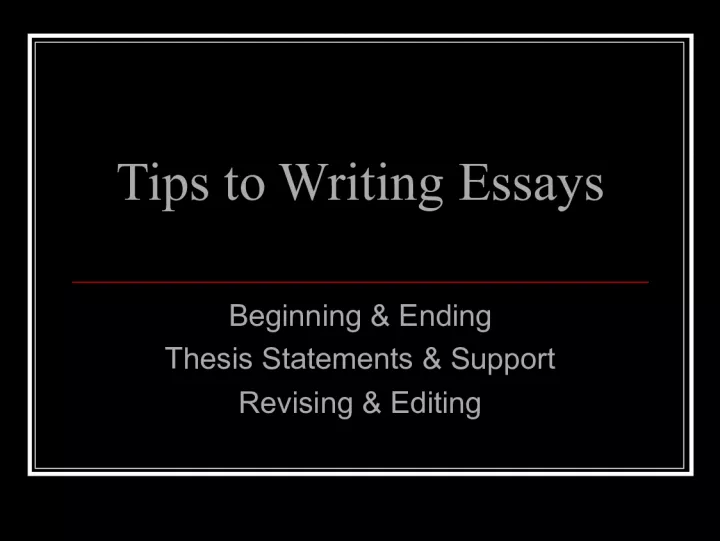

This article provides valuable tips for anyone looking to improve their essay writing skills.
- Uploaded on | 1 Views
-
 libby
libby
About Tips for Effective Essay Writing: Beginning and Ending with Strong Thesis Statements and Support, Revising and Editing for Success, and Strategies for Starting an Essay
PowerPoint presentation about 'Tips for Effective Essay Writing: Beginning and Ending with Strong Thesis Statements and Support, Revising and Editing for Success, and Strategies for Starting an Essay'. This presentation describes the topic on This article provides valuable tips for anyone looking to improve their essay writing skills.. The key topics included in this slideshow are . Download this presentation absolutely free.
Presentation Transcript
Slide1Tips to Writing EssaysBeginning & Ending Thesis Statements & Support Revising & Editing
Slide2Ways to Begin an Essay1. Explain the context of your topic: What are the positions that led you to write on the issue? What is the background of the topic? 2. State your thesis: Begin by bluntly stating your position; follow with arguments 3. Forecast your organization: Outline the different supporting points you will make in the body
Slide3Ways to begin an essay, cont.4. Connect your topic to readers’ interests or values: Establish common ground by finding something that everyone can appeal to 5. Start with something that will interest the reader: Perhaps use a catchy quote that relates to your topic, a shocking statement, or a statement that makes the reader think
Slide4Ways to begin an essay, cont.6. Start with an anecdote: Provide a brief story or narrative that brings a topic to life 7. Ask a rhetorical question: Open with a question that makes the reader think about the topic
Slide5Ways to end an essay1. Restate your main point: Summarize the central idea and supporting points 2. Discuss the implications of your argument: What does everything you have written mean from this point on? 3. End with an anecdote: Perhaps relate the anecdote back to one you used in the introduction
Slide6Ways to end an essay, cont.4. Refer back to the beginning: If you used something that connecting your topic to the readers’ interests, refer back to it – if you asked a question, answer it 5. Propose a call to action: Offer a solution by enticing readers to make some sort of change or actually doing something
Slide7Thesis Statements Thesis Statement – A thesis statement is the central argument you are making in your essay. It introduces the topic and presents the writer’s attitude, opinion, idea, or point about that topic. ~ The Internet has led to new kinds of frustration in everyday life.
Slide8Examples of Thesis Statements,cont. ~ Living in the city has certain advantages over living in the suburbs. ~ A honeymoon is perhaps the worst way to begin a marriage. ~ TV evangelists use sales techniques to promote their messages. ~ My husband and I have several effective ways of disciplining our children.
Slide9Tips to Writing Thesis Statements1. Write statements, NOT announcements Announcements: ~ The subject of this paper is…. ~ I will discuss…. ~ __________ is the concern of the essay… ~ I am going to tell you….
Slide10Tips to Writing Thesis Statements2. Avoid statements that are too broad : ~ Disease has shaped human history. ~ Insects are fascinating creatures. ~ Men and women are very different. INSTEAD : ~ In the mid-1980s, AIDS changed peoples’ attitudes about dating. ~ Men and women are often treated differently in the workplace.
Slide11Tips to Writing Thesis Statements3. Avoid statements that are too narrow : ~ The speed limit near my home is sixty-five miles per hour. ~ A person must be at least thirty-five years old to be elected president. INSTEAD : ~ The speed limit near my home should be lowered to fifty-five miles per hour. ~ The requirement that a person must be at least thirty-five to be elected president is unfair.
Slide12Tips to Writing Thesis Statements4. Make sure statements develop only ONE idea: ~ One of the most serious problems affecting young people today is bullying, and it is time more kids learned the value of helping others. ~ Studying with others has several benefits, but it also has drawbacks and can be difficult to schedule. INSTEAD : ~ One of the most serious problems affecting youth is bullying. ~ Studying with others has several benefits.
Slide13Supporting Points Support your central idea with specific arguments that back up your main point: THESIS : The neighborhood grocery store is poorly managed. SUPPORT : 1. The checkout lines are always long. 2. The aisles are dirty and under stocked. 3. The employees are unhelpful and even rude.
Slide14Supporting Points, cont. THESIS : Many companies use annoying practices to increase sales. SUPPORT : 1. Junk mail 2. Spam email 3. Telemarketers/Rebates/Infomercials
Slide15Reasons to Revise1. Sharpen your focus : Does your thesis make a clear point? Is there sufficient support for your thesis? Are there any parts that do not support it? Did your introduction provide background/context? Did your conclusion provide a sufficient summary?
Slide16Reasons to Revise, cont.2. Revise to strengthen the argument : Are your claims unconvincing? Do you need more examples? Do you need more detail? Do you need more research? 3. Revise for organization : Is anything out of place? Do you have transitions? 4. Revise for clarity : Is your title clear and catchy? Is your thesis clear? Will your audience understand your main points?
Slide17Reasons to Edit1. Edit your paragraphs : a) Does your paragraph focus on one main point? b) Do you have a topic sentence? c) Does every sentence relate? d) Is there enough detail? e) Are there appropriate transitions?
Slide18Reasons to Edit, cont.2. Edit your sentences a) Is each sentence complete? - Capitalization/Punctuation b) Active voice or passive voice? - The choir sang “Amazing Grace.” – Correct - “Amazing Grace” was sung by the choir. – Incorrect c) Vary your sentences - Sentences should be different lengths - Sentences should have different forms – simple, compound, compound-complex
Slide19Reasons to Edit, cont.3. Edit your words : a) Make words specific. “I went to class.” – Incorrect “I went to A&P” – Correct b) Do not use clichés: Overused phrases such as “like the plague,” “live and learn,” “go with the flow.” c) Do not use stereotypical or sexist language
